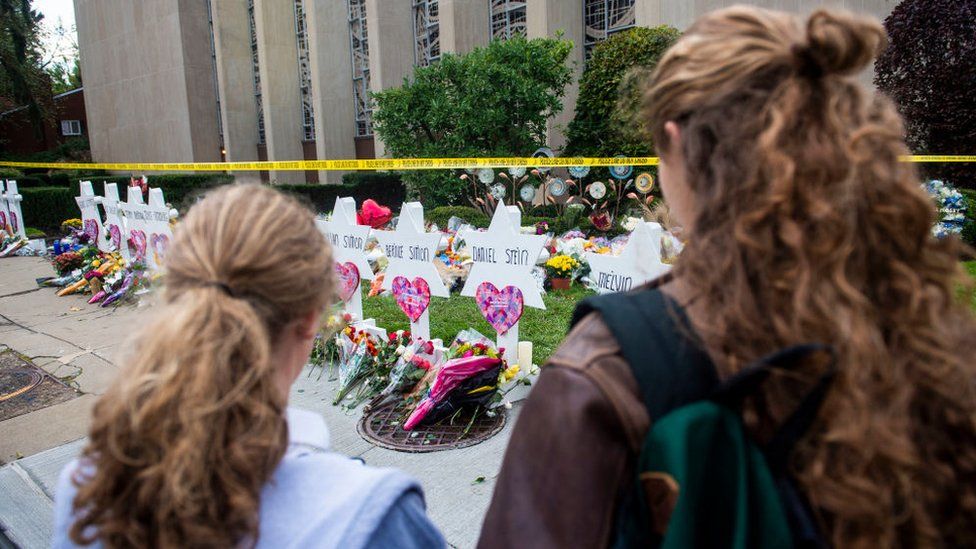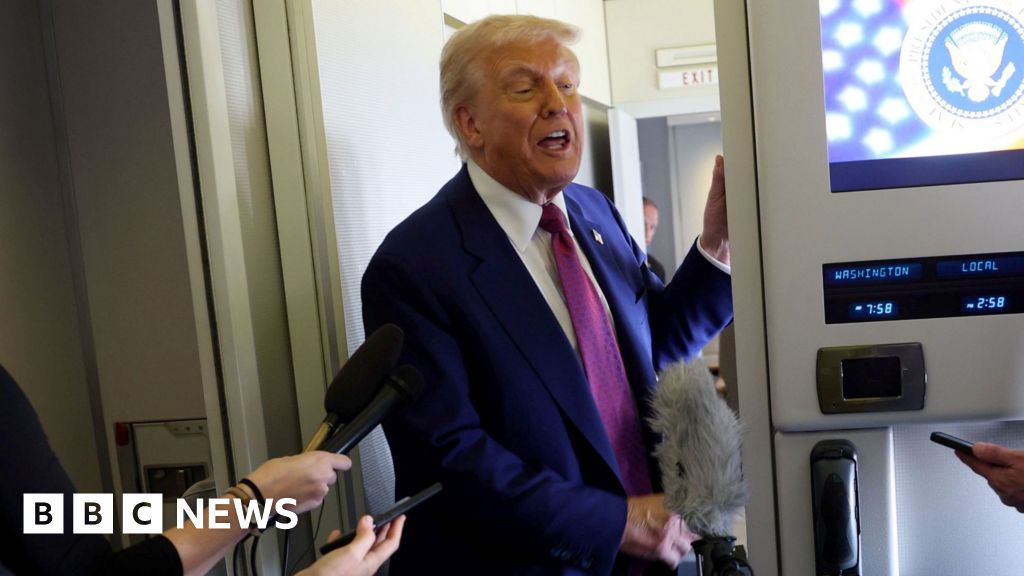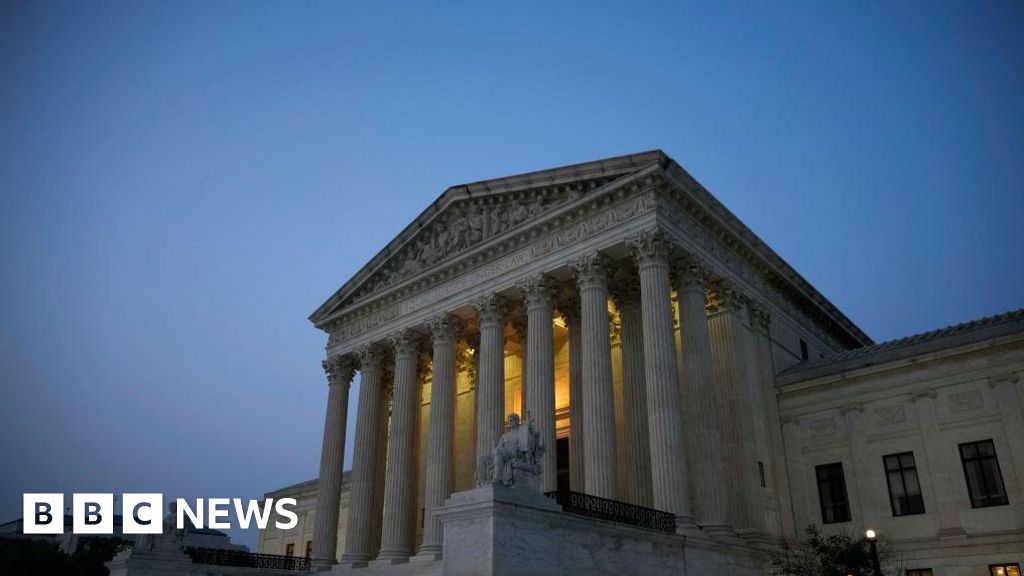ARTICLE AD BOX
 Image source, Getty Images
Image source, Getty Images
Roberts Bowers shot and killed 11 members of Pittsburgh, Pennsylvania's Jewish community in 2018
By Brandon Drenon & Rebecca Hartmann
BBC News
A jury is hearing closing arguments over whether a gunman who murdered 11 people at a Pittsburgh synagogue should be eligible for the death penalty.
Jurors who found Robert Bowers guilty for the October 2018 attack last month must now decide his eligibility for execution.
Prosecutors are seeking to prove Bowers had intent to kill.
The defence argues he was incapable, citing a history of mental illness.
Bowers was found guilty last month of 69 charges relating to the shooting, which was the deadliest antisemitic in US history.
The pursuit of the death penalty by federal prosecutors is a relatively rare occurrence. Between 1988 and 2021, 79 defendants in federal cases have been sentenced to death, of whom 16 have been executed, according to the Death Penalty Information Center.
To be eligible for the death penalty, prosecutors must not only convince the jury of Bowers' intent but also at least one of four aggravating factors:
- Bowers created a grave risk to additional people;
- the crime involved substantial planning and premeditation;
- victims were considered 'vulnerable victims';
- and there were multiple killings or attempted killings.
Throughout this phase of the trial, the defence and prosecution have presented differing evidence relating to Bowers' mental health.
The defence outlined a history of Bowers' mental health difficulties, including multiple suicide attempts and, in one incident as a teenager, the throwing of a flammable liquid at his mother.
Defence medical experts said Bowers was "blatantly psychotic".
But medical experts called by prosecutors dismissed the idea that mental illness played a role in the attack and mentioned to the jury Bowers' belief in a racist conspiracy theory known as the "great replacement".
This latest phase of the long-running trial has lasted several weeks.
Should the jury decide Bowers is eligible for the death penalty, a new, final phase of the trial will begin where the same jurors decide if he should be executed or serve a life sentence.
This sentencing phase would include victim impact statements.
The 11 worshippers who died in the attack ranged in age from 54 to 97. Seven others were injured, including five police officers who rushed to the scene.
Three congregations - Dor Hadash, New Light and the Tree of Life - shared the synagogue.
Most families of those killed have voiced support for the death penalty, although some other family members and the Dor Hadash congregation have stated that they are opposed to it.

 1 year ago
43
1 year ago
43








 English (US) ·
English (US) ·